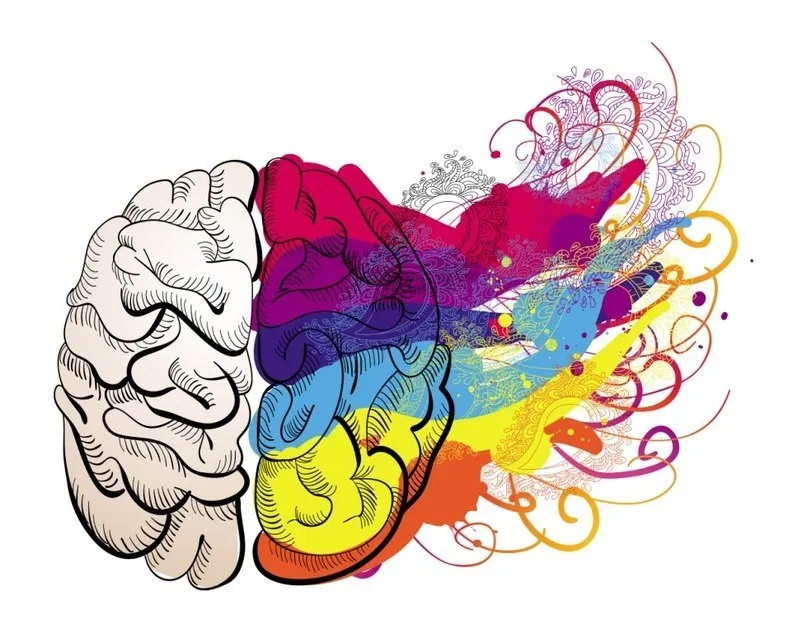Any reasonable person committed to evolve and grow. The principles of life and our habits are subject to change over time, to adapt to changes in our social environment and external world. The world is changing very quickly today (new technologies, research, people, laws, dogmas etc.), and sometimes we can't keep up with it, because our brain have "setup", that we cannot change at all, or we need to put a lot of effort to change them. This short articles describes the most common "setup" of our brain, which greatly affect our way of life and which we often fail to notice. They slow down your adaptation every day.

Excessive generalization- all your conclusions will be based on a one single fact, which you found before. Not passed the exam in College or did not cope with the work — "I'm a loser." This setup distorts reality and paralyzes activity.
One of the forms of this mind expressed in the creation of immutable beliefs about yourself or others, what inevitably leads to mistakes. A real human is not a rigid dogma, it's constantly changing object, and if do not consider this fact, so you deny the law of life.
Selective (one-sided) perception. It's mean to focus attention on certain aspects of the situation, make your choice based on one fact which seems significant and neglect of others facts, seemingly unimportant. it is due with the humans tendency to ignore any claims that contradict to their beliefs. "You are wrong, if you have a different opinion". This prevents to find a common language with other people. Also your decisions in certain issue become a predictable, you can't find original ways for solve some problems.
Conclusions without the real base. This Conclusions are based on insufficient amount of objective information and your own conjectures, erroneous thinking patterns and attitudes, although based on personal life experience, but still not enough realistic because of their limitations.
The missing information is replaced by your own speculation and assumptions, not confirmed by any arguments, and the conclusions are explained only by the fact that "I think so", and nothing more. So, we make conclusions about the actions of others based only on our own beliefs, supposing that other people have the same values, same beliefs, same views of the world, the same needs as we do. First of all you need get all information and facts about new situation/people/objects that you can, and only that make conclusion, which will influence on your critical actions.
Stereotypes about people and objects. when you are thinking about any object, you are using your general knowledge about this category of objects, forgetting about individuality. For example: you met a man of a certain nation, and make conclusion about him based on what you heard or read about people of this nation. And only after some time you will change your opinion, because you will see the individuality of this person. Before it, you can make many mistakes. So, try to don't forget that all rules have an exceptions.

We can't control these setups during the actions of our brain in some situations, they are working automatically. But we can remember about them for analyze and correct our future ways. Over some time your mind will learn to use this ability always.